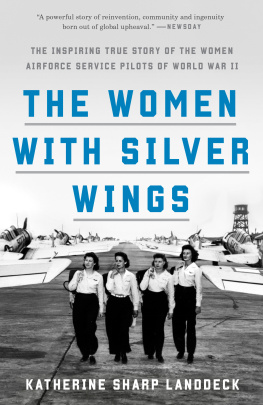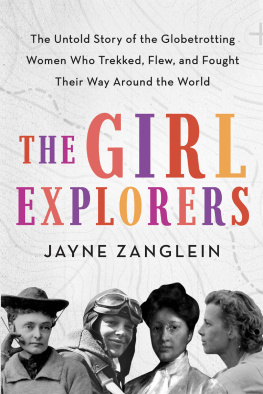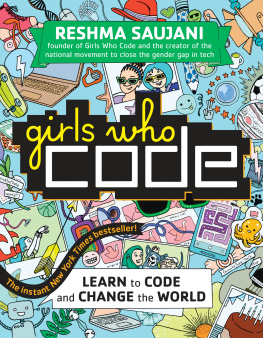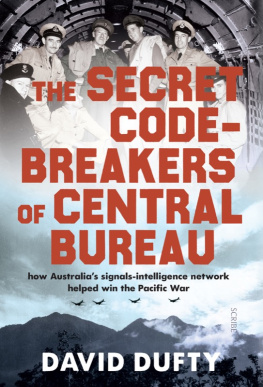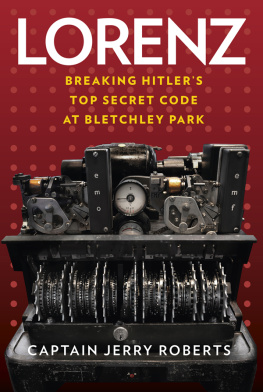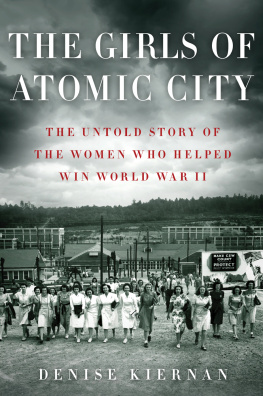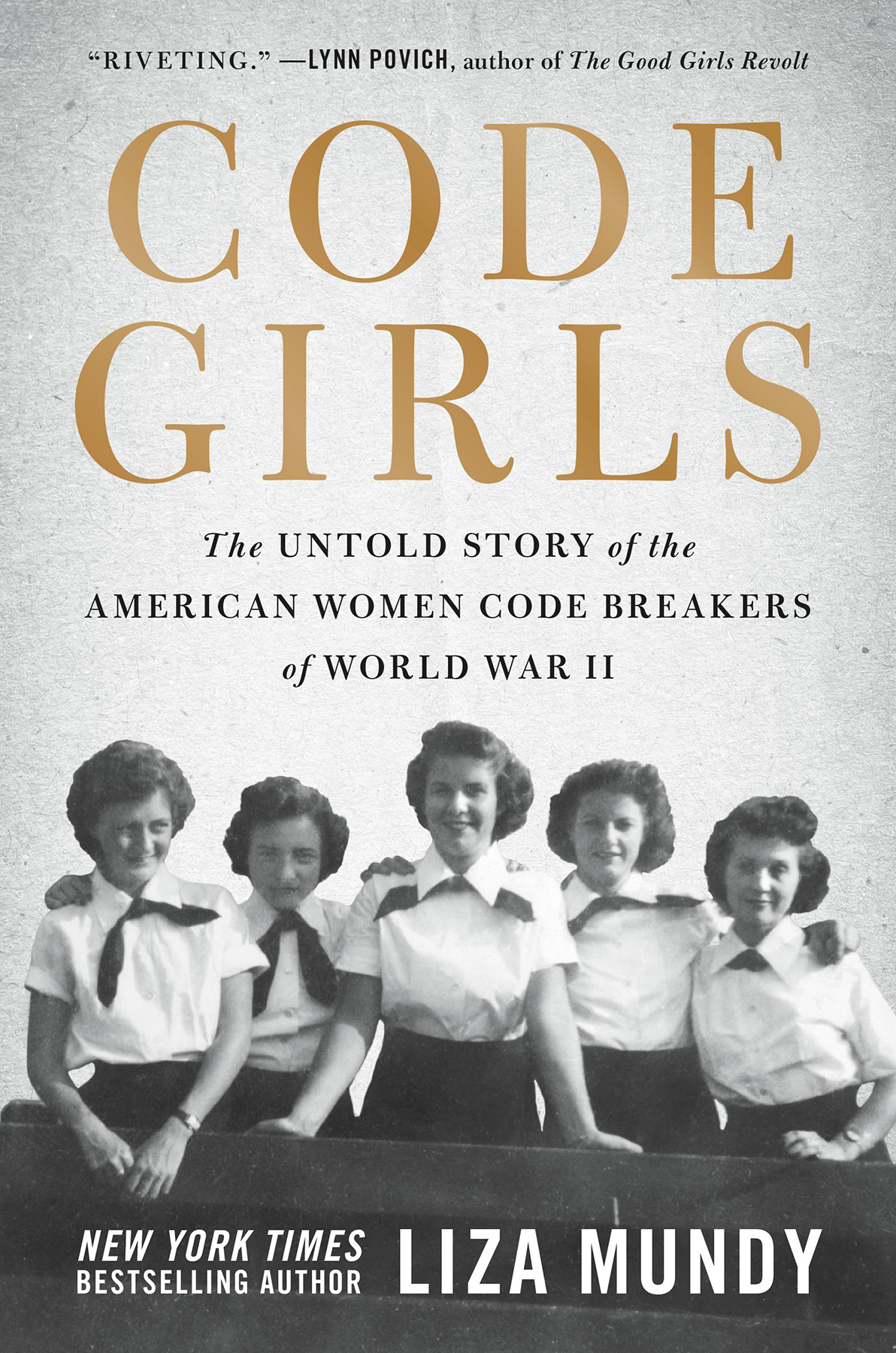Thank you for buying this ebook, published by HachetteDigital.
To receive special offers, bonus content, and news about ourlatest ebooks and apps, sign up for our newsletters.
Copyright 2017 by Liza Mundy
Cover design by Amanda Kain. Cover copyright 2017 by Hachette Book Group, Inc.
Hachette Book Group supports the right to free expression and the value of copyright. The purpose of copyright is to encourage writers and artists to produce the creative works that enrich our culture.
The scanning, uploading, and distribution of this book without permission is a theft of the authors intellectual property. If you would like permission to use material from the book (other than for review purposes), please contact permissions@hbgusa.com. Thank you for your support of the authors rights.
Hachette Books
Hachette Book Group
1290 Avenue of the Americas
New York, NY 10104
hachettebooks.com
twitter.com/hachettebooks
First Edition: October 2017
Hachette Books is a division of Hachette Book Group, Inc.
The Hachette Books name and logo are trademarks of Hachette Book Group, Inc.
The publisher is not responsible for websites (or their content) that are not owned by the publisher.
The Hachette Speakers Bureau provides a wide range of authors for speaking events. To find out more, go to www.hachettespeakersbureau.com or call (866) 376-6591.
Waves of the Navy, Words by Betty D. St. Clair, Music by Elizabeth K. Ender, 1944 WB Music Corp. (ASCAP). All rights reserved. Used by Permission of Alfred Publishing, LLC.
Permission to quote from the lyrics of Ginny the Ninny of the First Platoon was kindly given by the descendants of Louise Allen Armstrong.
Library of Congress Cataloging-in-Publication Data
Names: Mundy, Liza, 1960author.
Title: Code girls : the untold story of the American women code breakers who helped win World War II / Liza Mundy.
Description: First edition. | New York : Hachette Books, 2017. | Includes bibliographical references and index.
Identifiers: LCCN 2017020069 | ISBN 9780316352536 (hardcover) | ISBN 9780316439893 (large print) | ISBN 9781478922704 (audio book) | ISBN 9781478922711 (audio download) | ISBN 9780316352550 (ebook)
Subjects: LCSH: World War, 19391945Cryptography. | World War, 19391945Participation, Female. | CryptographersUnited StatesHistory20th century. | CryptographyUnited StatesHistory20th century.
Classification: LCC D810.C88 M86 2017 | DDC 940.54/86730922dc23
LC record available at https://lccn.loc.gov/2017020069
ISBNs: 978-0-316-35253-6 (hardcover), 978-0-316-43989-3 (large print hardcover), 978-0-316-35255-0 (ebook)
E3-20170909-JV-PC
Advance praise for
CODE GIRLS
Code Girls is an extraordinary book by an extraordinary author. Liza Mundys portraits of World War II code breakers are so skillfully and vividly drawn that I felt as if I were right there with themmastering ciphers, outwitting the Japanese army, sinking ships, breaking hearts, and even accidentally insulting Eleanor Roosevelt. I am an evangelist for this book: You must read it.
Karen Abbott, New York Times bestselling author of Sin in the Second City
Code Girls reveals a hidden army of female cryptographers, whose work played a crucial role in ending World War II. With clarity and insight, Mundy exposes the intertwined narratives of the women who broke codes and the burgeoning field of military intelligence in the 1940s. I cannot overstate the importance of this book; Mundy has rescued a piece of forgotten history, and given these American heroes the recognition they deserve.
Nathalia Holt, New York Times bestselling author of Rise of the Rocket Girls
Liza Mundys Code Girls reveals one of World War IIs last remaining secrets: the true tale of the young American women who helped shorten the war and saved thousands of lives by breaking the codes of the German and Japanese armed forces. But its also a superbly researched and stirringly written social history of a pivotal chapter in the struggle for womens rights, told through the powerful and poignant stories of the individuals involved. In exploring the vast, obscure, and makeshift offices of wartime Washington where these women performed seemingly impossible deeds, Mundy has discovered a birthplace of modern America.
Glenn Frankel, Pulitzer Prizewinning author of High Noon
Code Girls is a riveting account of the thousands of young coeds who flooded into Washington to help America win World War II. Liza Mundy has written a thrilling page-turner that illuminates the patriotism, rivalry, and sexism of the code breakers world.
Lynn Povich, author of The Good Girls Revolt
Everything Conceivable
Michelle: A Biography
The Richer Sex
To all these women,
and to Margaret Talbot
Im in some kind of hush, hush business. Somewhere in Wash. D.C. If I say anything Ill get hung for sure. I guess I signed my life away. But I dont mind it.
Jaenn Magdalene Coz, writing to her mother in 1945
In researching and writing this book over several years, I drew from three large archival collections of documents produced by the U.S. Army and U.S. Navy code-breaking units during and after the war. Most were classified for many decades, and now can be found at the National Archives at College Park, Maryland. The collections run to hundreds of boxes and include thousands of memos, internal histories, reports, minutes, and personnel rosters, citing everything from lists of merchant ships sunk, to explanations of how certain codes and ciphers were broken, to names and addresses of newly arrived code breakers, to captured codebooks. I filed Mandatory Declassification Review requests with the National Security Agency, resulting in the recent declassification of more material, including some fifteen oral histories conducted by NSA staff over the years with women code breakers, as well as volumes of a multipart history of wartime Arlington Hall. (Somewhat astonishingly, other parts of that history remain classified.) I located some forty more oral histories, as well as scrapbooks and rosters, at the Library of Congress and other archives. I consulted scholarly articles and the many books on code breaking and the war.
I interviewed more than twenty surviving code breakers, located in various ways. A few had contacted NSA, or their family members had. I placed notices on websites. I obtained rosters and consulted databases to find contact information. In other cases, friends and acquaintances provided names, or, often, one woman would lead me to another. I also obtained civilian and military personnel records that are publicly available in the National Archives personnel records facility in St. Louis, Missouri. These were supplemented by high school and college yearbooks, scrapbooks, recruiting pamphlets, newspapers, personal letters, and the very good alumnae records that many colleges maintain. In some cases, of course, I had to trust the womens memory, but a surprising amount of what they recollected could be confirmed with archival records.
In just a few instances, however, archives proved insufficient. I wish, for example, that I could include more information on Arlington Halls African American unit, but very few records of that unit seem to exist.


